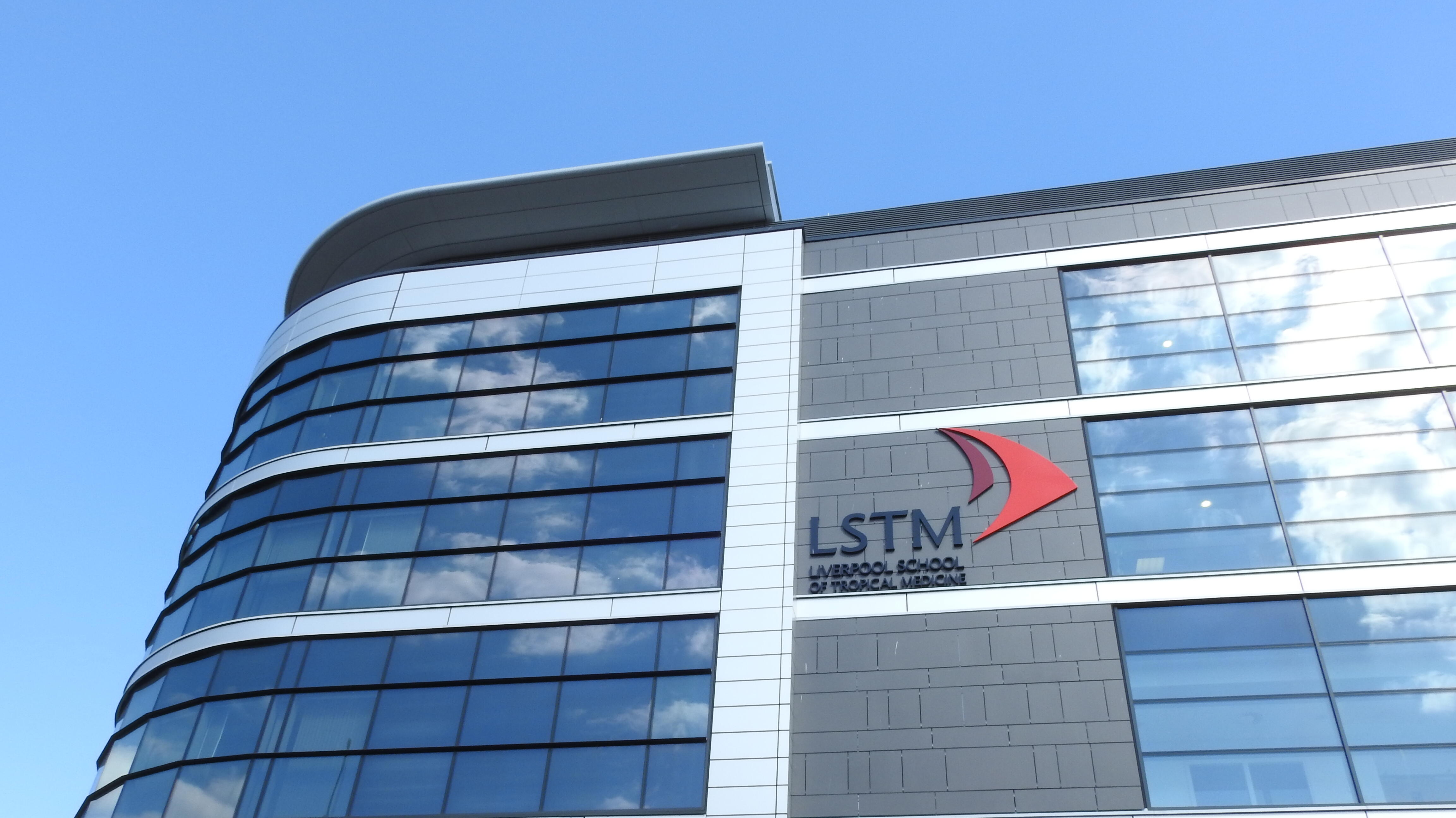
Recognising the Liverpool City Region and North West England’s existing world-class expertise, a Liverpool School of Tropical Medicine (LSTM) led consortium has received £18.6m from UK Research and Innovation (UKRI) Strength in Places Fund (SIPF) for 5 years to deliver on an innovative project delivering integrated therapeutic solutions for human infections.
The project will accelerate economic and regional productivity by creating 8 specialist, commercially sustainable research platforms for infectious diseases therapeutics in North West England that will transform the efficiency of new product discovery, development, evaluation and impact assessment.
Project lead, LSTM’s Professor Janet Hemingway, said: “LSTM devised this programme together with our industrial, NHS and academic partners aiming to be the first choice globally for infection research and development initiatives. This grant secures the international reputation of the region in infection innovation and will attract substantive follow-on international investment.”
LSTM’s consortium partners are the Liverpool University Hospitals NHS Foundation Trust; Evotec and the AMR Centre both based at Alderley Park, Cheshire; Unilever UK and the University of Liverpool (UoL).
Steve Rotheram, Metro Mayor of the Liverpool City Region, said: “The need to develop new treatments for infectious diseases has never been clearer, so this funding is fantastic news. This new approach to public R&D investment aims to boost local economic growth by building on world-class research and innovation capacity. This grant recognises the region’s existing strengths in this area and has already generated guarantees of around £90m for pilot projects eager to use the new platforms. There is great potential for high-quality jobs and economic value for Liverpool City Region and beyond.”
LSTM Director, Professor David Lalloo, said: “Throughout its history, LSTM has always been at the forefront in innovative approaches in finding solutions for human infections. The current global COVID-19 outbreak shows again how essential and relevant our global expertise in the diagnosis, treatment and prevention of these diseases is.”
The Liverpool City Region, Cheshire and Warrington have the largest concentration of infectious diseases research in the UK. The critical importance of the sector is highlighted by the speed and efficiency by which the region has focused and mobilised their resources to address the COVID-19 crisis with active research programmes in diagnostics, therapeutics and vaccines.
Investment in diagnostic technologies at LSTM, initiated in response to the antimicrobial resistance (AMR) crisis, have been rapidly adapted to provide validated diagnostics to meet the needs of the COVID-19 outbreak. It has allowed Liverpool to become a test bed for new diagnostic technology development and evaluation trials for COVID-19. To this end LSTM has been central to the validation of lab based COVID-19 anti-body tests and rapid diagnostic tests with multiple commercial and academic partners.
With regards to treatment, the concentration of just over 25 category 3 containment facilities at LSTM and the University of Liverpool, essential for the controlled handling of COVID-19, has supported studies into novel small molecule therapeutic interventions with potential for use in man. This has brought together a Liverpool consortium of some 40 scientists who have established a COVID-19 pre-clinical pipeline to identify, prioritise and validate pre-clinical candidates suitable for clinical Phase I and Phase II studies to be undertaken in partnership with Liverpool Health Partners (LHP).
Liverpool has a successful track record in respiratory vaccinology and disease prevention. In response to COVID-19, LSTM, with funding from industry, is executing two trials of those potentially infected, one focusing on immunology in bloods and nasal mucosa and bacterial colonisation associated with clinical outcomes and one which takes samples from healthcare workers and COVID-19 patients to assess changes in biomarkers during exposure to or development of infection. LSTM also coordinates the Liverpool node of the Oxford COVID-19 vaccine human trial stage.
Unilever’s Chief Research & Development Officer, Richard Slater, said in response to the announcement: “This year has highlighted the importance of working together to prevent infectious diseases in a way that many of us couldn’t previously imagine. We are delighted at the support awarded to our collaborative effort to develop new products that can directly reduce the burden of infectious diseases in the UK and around the world.”
UKRI is making these awards following a competitive assessment process, which are subject to final checks.